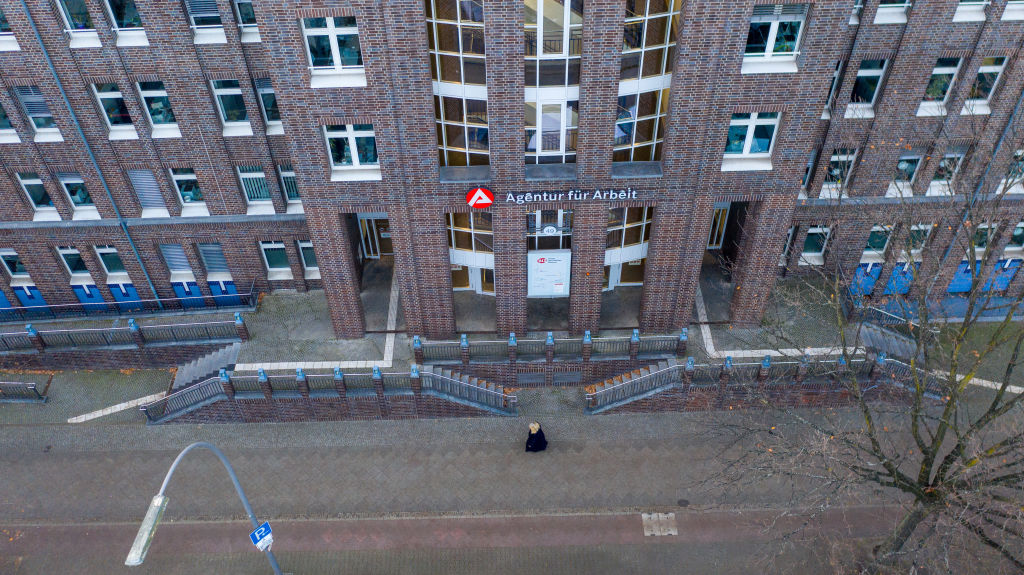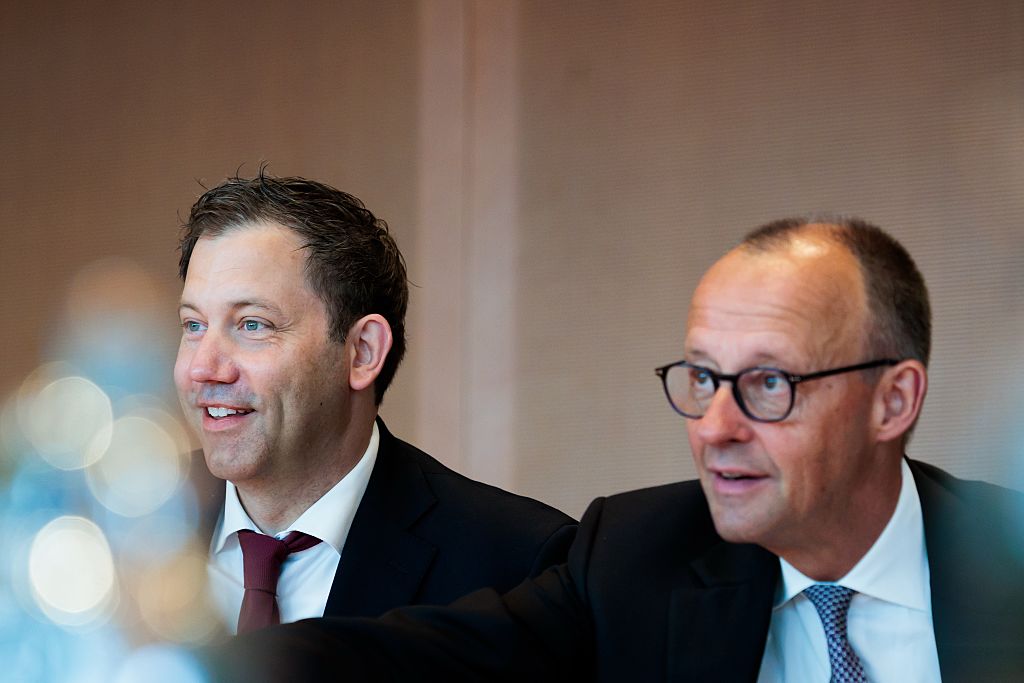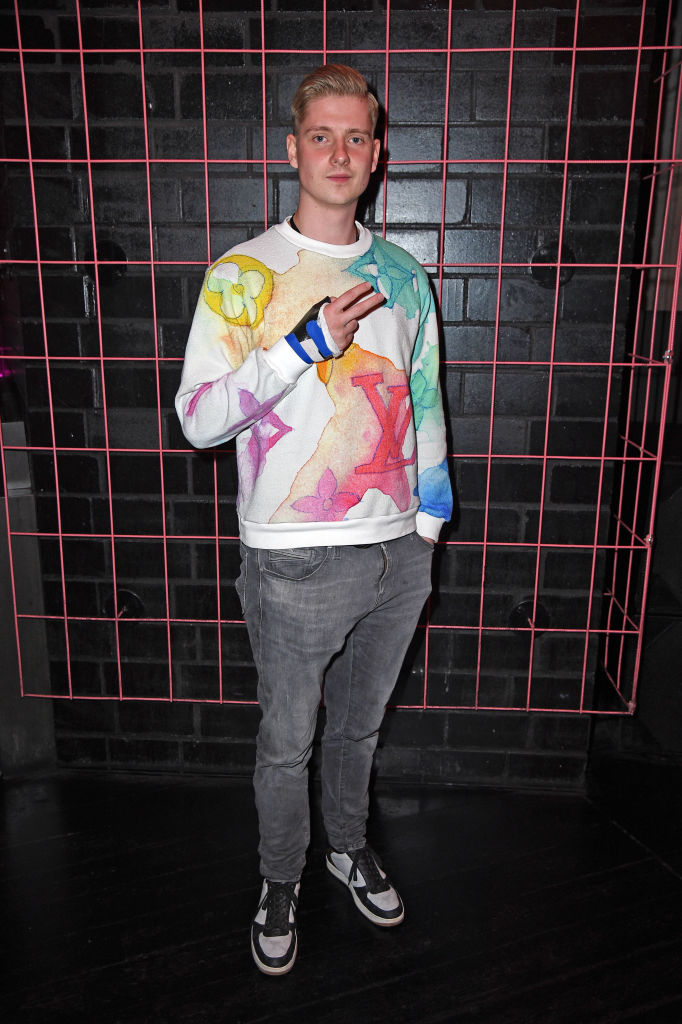The city government of Rostock in Mecklenburg, Germany, has acquired two houses in the historic city centre to allow a group of punks to continue living there cheaply.
As newspaper Welt reported, the commune bought the two houses built in 1906 close to the historic Petri church for €650,000 and might spend several hundreds of thousands more on renovations.
The buildings are currently inhabited by a group of 16 punks who will be allowed to keep living there.
Rostock Mayor Eva Kröger from the left-wing Die Linke party said on September 12 the city was securing two houses inhabited by people who had “no chance” on the free rental market. The goal of the transaction was apparently to prevent “gentrification” through “luxury renovations” and protect “alternative forms of living”.
The acquisition of the houses was a long-standing project of Kröger’s. He first announced her plans to buy them when they came up for auction in April 2024.
“Apartments in the old town are already expensive enough,” Kröger said. Average rents in Rostock’s centre are around €10 per square metre without utilities. The Mayor said the punks would pay rent but declined to disclose how much with critics suspecting the amount is minimal.
Chris Günther, leader of the Conservative Christian Democratic Union (CDU) party in Rostock, called the affair “an unprecedented scandal” and a waste of taxpayer money.
“All Rostock residents have to bear this liability for just 16 tenants who, as politically favoured members of the left wing, are to be courted with taxpayers’ money,” Günther said.
The budget of the Rostock city government is deep in the red with an estimated deficit of €63 million this year. Since July a budget freeze has been in place, limiting expenditure for sports, culture and similar fields.
The Rostock CDU and the Liberal Free Democratic Party (FDP) have tried to stop the purchase by appealing to the State administration of Mecklenburg.
The State government, though, greenlighted the transaction, writing: “The creation and provision of affordable housing for the population is indisputably one of the responsibilities of local authorities.”
Mecklenburg is run by a left-wing coalition of Social Democratic Party (SPD) and Die Linke.
Kröger said the city would soon sell the two houses to a non-profit association which the punks are in the process of founding. No information on the envisioned purchase price or the sources of financing has been made public.
That may not sit well with the neighbours around the punks’ houses, who have complained about noise day and night, heaps of rubbish in front of the graffiti-covered properties as well as copious amounts of smoke from fire barrels in the courtyard.
In an online poll among Rostock residents, 61 per cent voted against the acquisition.





